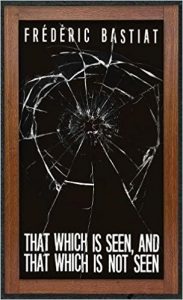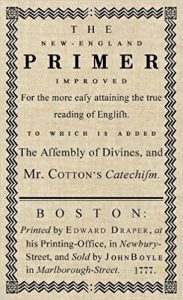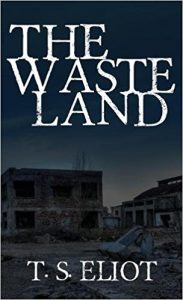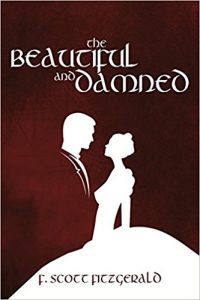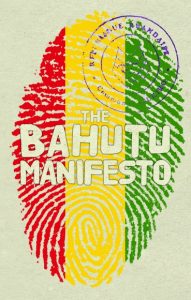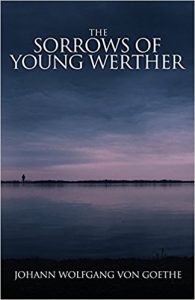Frédéric Bastiat is well known for his ‘broken window’ parable. While other economists were looking at how maintaining a standing army, launching public works projects,
Category: Genre
“The Waste Land: The Original 1922 Edition” by T. S. Eliot
Modernity has not managed to erase the restlessness that seems to be intrinsic to what it means to be human. T.S. Eliot’s disillusionment with modern civilization is timelessly encapsulated in his famous 1922 poem, “The Waste Land.” The book is laced with allusions, like, for example, some that reference the Grail legend and others informed by Fraser’s “Golden Bough.” Eliot would dedicate the piece to Ezra Pound.
“The Sorrows of Young Werther” by Johann Wolfgang von Goethe
“The Sorrows of Young Werther” is the brooding tale of a young man in love with a woman who cannot, or will not, love him back. To this day, this is probably Goethe’s best known work. Originally written in German, this edition was translated into the English by Bayard Taylor, and updated for contemporary readers by Benjamin Strycker.

